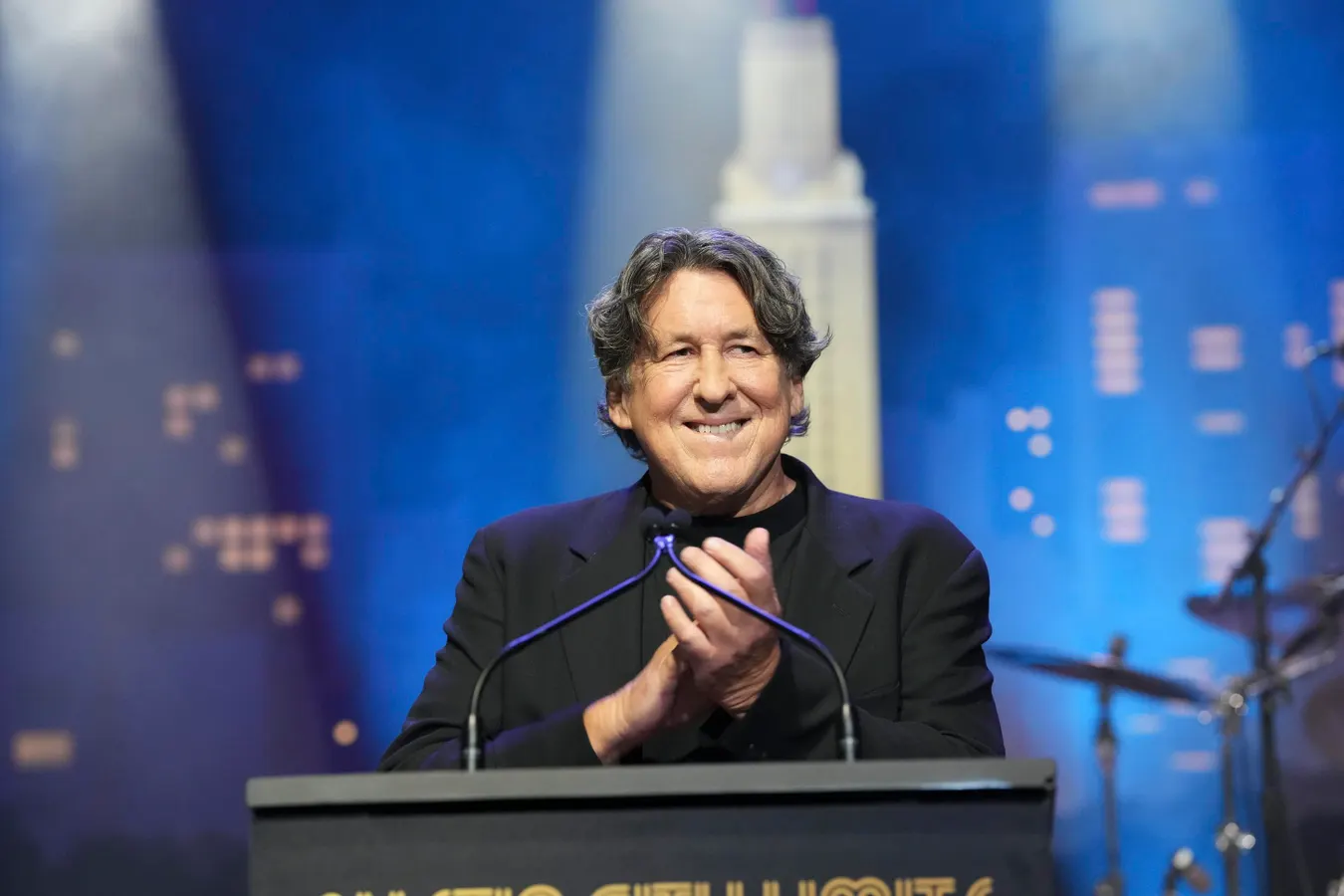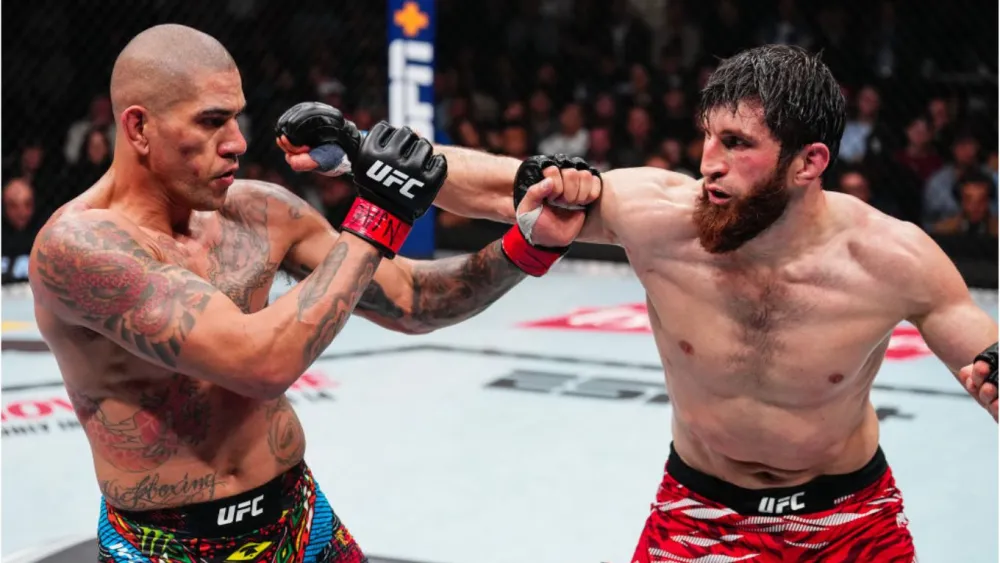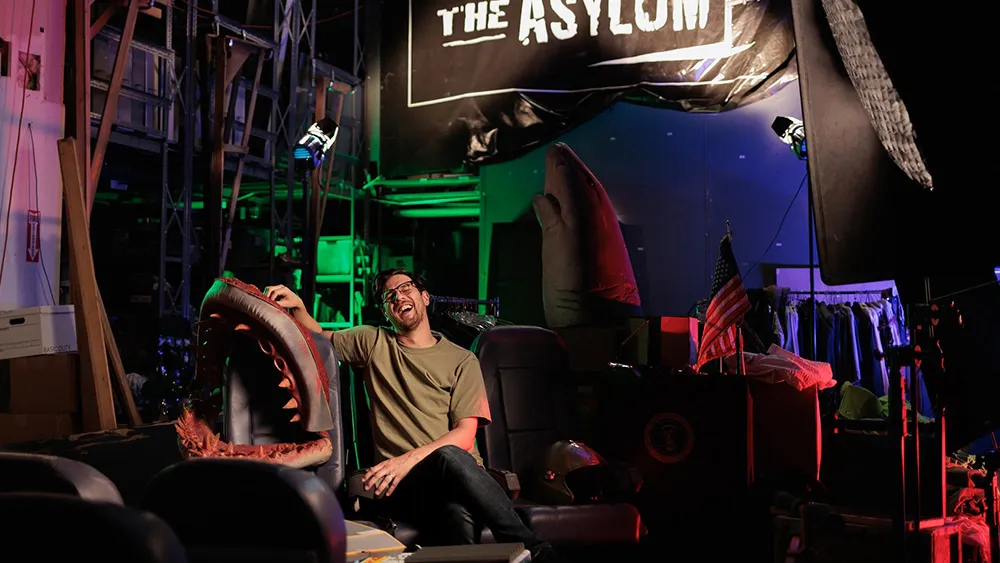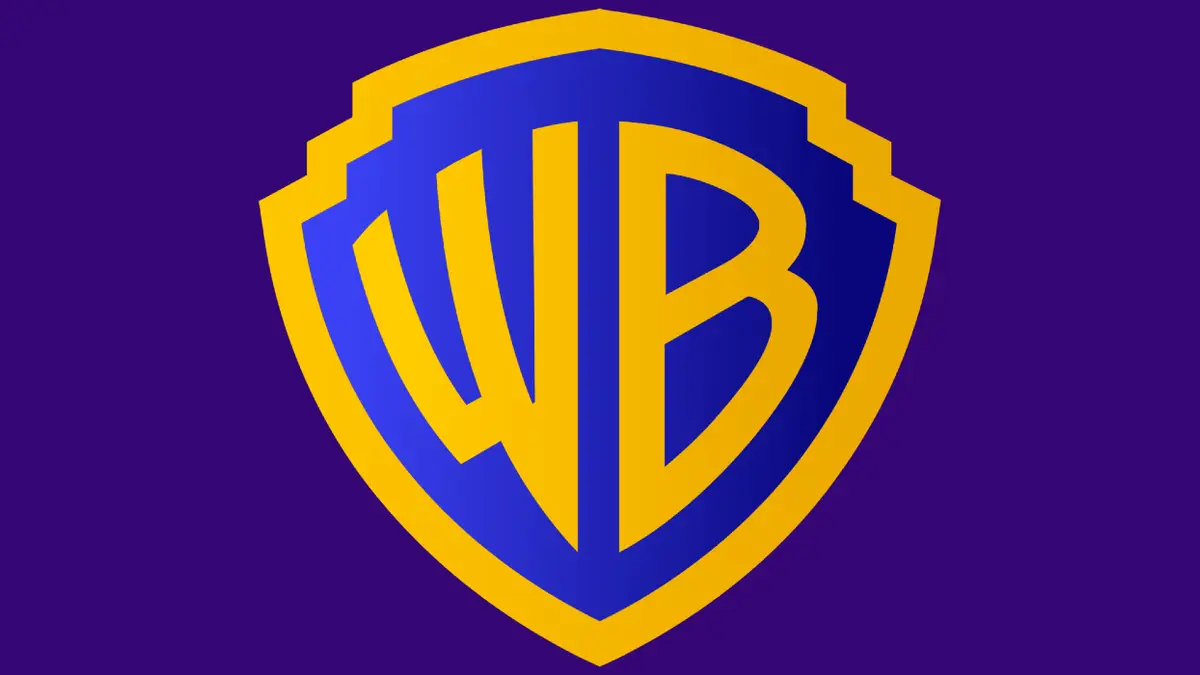Copyright forbes

AUSTIN, TEXAS - AUGUST 01: Cameron Crowe appears onstage during the induction of My Morning Jacket into the ACL Hall of Fame at ACL Live on August 01, 2025 in Austin, Texas. (Photo by Amy E. Price/WireImage) Yes, as a legendary figure in the last half century of music, Cameron Crowe’s spellbinding new memoir, The Uncool, has an embarrassment of riches when it comes to rock star stories. Led Zeppelin, David Bowie, the Allman Brothers, Jerry Garcia, Pete Townshend, it’s like a who’s who of the Rock Hall of Fame. Just like in Crowe’s Oscar-winning Almost Famous, though, it is the supporting players who shine. In Almost Famous, as wonderful as Patrick Fugit, Kate Hudson and Billy Crudup are as the three “leads,” people come out of the film quoting Philip Seymour Hoffman’s timeless, “I’ve met you, you’re not cool speech,” or Frances McDormand’s scene-stealing “Rock stars have kidnapped my son” line. As a screenwriter who gets the value of the moment, Crowe knows that moment doesn’t happen without the people who get you to those moments. Cameron Crowe doesn’t hang out with Bowie without Warner Bros A&R guy Russ Shaw, and even before that Crowe doesn’t develop his love and interest in music without his family. It’s the personal moments and revelations that elevate The Uncool far beyond a rock star tell-all into literature. Yeah, hearing about Zeppelin is cool. They’re f**king Zeppelin! But it’s learning about Crowe’s sister Cathy that makes the book human and so real. Sure, Bowie is memorable. But as Crowe says during our insane 90-minute conversation, it’s his father that is the hidden hero of the story. The beauty and the gift of The Uncool is it reminds us we are uncool at one point or another. And it’s the people, whether it’s a legendary critic like Lester Bangs or a parent or a stranger we share a real moment with, that help us get through those uncool moments that really matter as we tell our story. MORE FOR YOU Steve Baltin: I love the part of the book where you're talking about Emmylou [Harris] and Gram [Parsons], “If I ever want to fall in love, I want to fall in love like that.” So, did you ever? Cameron Crowe: Yeah, and I'm glad that picture was in the book. It really felt like two people locked in, shoulder to shoulder, just picking up an electrical charge from each other. That's the reason to not be alone in the world, that feeling. That actually did send off an electrical charge in the room when I saw that photo live. When [Kim] Gottlieb took that picture I was like, “Holy s**t. She rolls in. They have the same interest in the same songs. Then they sing together and it's like they didn't have to rehearse. It just was those two people locked in. It changes lives forever, that feeling.” Baltin: Did you know at the time what it was? Or is it something that only years later, when you've either experienced it yourself or you understand that's what you're looking for, that was what you were seeking? Baltin: At that age, which the time in the book is 15 to 25, you're collecting souvenirs of life that that could be a piece of you. Gram and Emmylou, I was like, “Okay, that's the way romance should feel. Find the person that does that for you, do that for each other.” Glenn Frey was a guy that knows how to command a room in the most fun way and include everybody. That dude knew how to wrap his arms around a group of people and say, “We're heading on this adventure together and let's have f**king fun. And, by the way, I have a manual here. I know how I want to be. I want to be like an American car made in Detroit. We know that there are four wheels and there's axles and that's going to stay the same. But every year we're going to upgrade the V8 engine and that's how we're going to do this band.” I'm like, “Whoa, that is not a hippie band leader holding a hash joint going, ‘Whatever happens we don't have a plan.’ This guy's, ‘Oh, we have a plan and we're going to have fun doing it.’” And I was like,” Okay, that's a piece of a person that I would like to study and maybe get that piece and attach it. I want the V8 engine too now.” So, the book in a lot of ways was like the things you take from life and the things people give to you that makes you who you are that gives you a voice. And it wasn't all famous people obviously. Baltin: By far the most memorable thing in the book to me is no one who is famous, it's obviously your sister. Do you feel like you could have written this at any other point? Crowe: I definitely needed the time. Great question, as usual. No, it could only have been written now. It's funny, when I first met Renee Zellweger, I felt something and I've never talked about this with anybody, which makes it a classic Baltin moment. But she reminded me of my memory of my older sister. And I knew that it was something we never really talked about in the family. But I remember spending a day writing a story about my sister because of a feeling I got from Renee Zellweger. She has a spark about her that's very unique. The same way Ryan Adams is the only person that's ever reminded me of Gram Parsons. But I couldn't finish it, and it hurt too much. But something was trying to come out then. What happened later was my mom died. I tried to talk to her about stuff like this and it was just too painful. But my mom died. I wanted to write about Palm Springs. I wanted to write about parts of Southern California that people don't usually write about. So, I started digging up archival stuff from the Desert Sun, which is the newspaper in Palm Springs. And my dad and our family were in the paper. He was making his name as a real estate guy. A birthday party for my sisters made the newspaper. There was a story about a book club. And my oldest sister came into the book club and said, “This book, The Fairy Doll, is the best book I've ever read.” I was like, “Holy s**t, this is a clue to who she was. There was something in this book that made her say it was the best book I've ever read.” I got the book, and the book felt like my sister was talking to me. That made me know that I was on the right track and it was time to tell her story. Baltin: Since so much of writing is subconscious, do you see your sister in characters you’ve written? Crowe: I was 10 at the time. It felt like somebody was in the other room, and I wanted to go into that room when the time was right and get to know her better somehow, which happened. But most of the time, the characters I've written are based on real people outside my family. Just people that become indelible for one reason or another and you find that you miss them and the little things you remember. Usually, it's not anything they did, it's the way they made you feel. I always love those characters who you felt different around. When stuff has worked in movies that I've written it's generally because of a character that reminded me of someone. You can't beat real life, so it was really fun to go all the way into real life and write a bunch of this stuff really for the joy of writing .I didn't expect it to be published in quite this way, but I'm really happy with the way it is. The best characters have been based on real people for sure. Baltin: How did you expect it to be published? Crowe: The experience of writing screenplays is a language that you have to develop and if you look at Billy Wilder or Robert Altman or people like that, they were still exploring this craft deep into the third or fourth act of their life. Screenwriting is a craft. But writing long form just from your heart onto yellow legal tablets, that's pages. That's joy to me. So, I just wanted to write it down because I wanted a living diary. Then there was this collection book that we wanted to do. So, we talked about doing two books. And this came first, which sets the tone for the collection book of the journalism that will come next year. Baltin: As you and I have talked about over the years, your memories change of what the things that are important to you shift so much. So, for example, looking back on it, was hanging with Jim Croce that memorable at that time? Or is it now looking at 50 years later that you realize how significant it was? Crowe: When you're a young person you're imprinting heavily for all time. It's setting the framework up. You don't even know what an interview is, but then somebody opens up and tells you things. Pete Townsend says, “I know you're only doing a column for Playboy, but I'm going to spend three hours telling you all my deepest stories and feelings. He did that for me. And that really imprints. But what I didn't realize is that I imprinted on them, too, because when I came back and interviewed a lot of them, they were like, “Well, of course I was going to sit down and tell you all that stuff. All you want to do is listen and all I wanted to do was talk. And you were the only guy that listened like that.” You realized, “Wow. So, it imprinted both ways.” The Croce thing is a great thing that you bring up because there were a couple things that are in the book like Jerry Garcia. I forgot that he gave me an awesome interview one afternoon in San Francisco and I wasn't even that big of a Dead fan. I loved Jerry Garcia's solo stuff. He gave me this amazing visionary interview about basically predicting the music business and free music and what it meant to him. That was amazing. So, I put that in. But Croce resonated in a very specific way because he got his first t-shirt in the middle of our interview. That ended up in Almost Famous, that thing of like, “Okay, here I am on a t-shirt. Whoa, what's that feeling like? Oh, wait, my best friend is an accompanist, who's happy for me that I got my first t-shirt is not on the t-shirt. What is that strange dynamic? So that ended up in Almost Famous. But what happened was Jim Croce, the snapshot of Jim Croce turned out to be catching him at a super important time in his life. So, I wanted to write about that day. It's the story behind the story. Baltin: What were some of the other things that revealed themselves in the writing? Crowe: Our impression of them to me is fascinating. So, that was another thing that I wanted to write about. What Bowie was like really and why when he was in this supposedly steely Thin White Duke phase why was he so warm and generous with a young guy who just was curious about him. He wasn't emotionally frozen like the Thin White Duke. Baltin: Did you keep up with Bowie over the years or was it just every so often? Crowe: I never tried to hang out, like “Hey I'm in New York, what's up?” I would never do that, but I would ask him if you could give us music for Almost Famous. And he said yeah. Same for Aloha. He gave us rare stuff. And never hesitated to do it and gave us a fair price. So, that's how we communicated over the years. He asked me to do liner notes. And it was interesting. I did liner notes for a Station to Station deluxe set. I sent it in, and I got the note back because I wrote about the session and him doing “Wild as the Wind” and what it felt like in the room. His assistant sent it back to me and said David really was disappointed that you didn't write about the music. So, I rewrote it about the music and that was what got used. He did not want to revisit his behavior or what his supposed behavior was. He was happy with the music, though. I think his personal behavior was spectacular during that time. You're just like, “This guy not only sings it, but he knows somehow standing in the right place in the room under the right lighting with the cigarette in the perfect way is going to help that performance become something even more.” He staged himself as a human as well as in his music. It was totally the work of somebody who came up in theater and was an actor. He was a much better actor than people got to know. He acted David Bowie really well. And David Jones was a really great guy too. Baltin: Speaking of musician actors, I want to go on to Kris Kristofferson. With the idea of hindsight being 20/20 you talk about how that conversation about the marriage of music and film was so influential. Again, did you know that at the time or is that something you realized writing the book today? Crowe: At that time, all I knew was that I had seen The Last Picture Show. And I didn't know much about country music, but I loved the way music lived in that movie. It did not feel like strings to trigger your emotional landscape. It was music you would have heard in that town, it sounded great, and it matched the visuals. I just got a body rush watching it as a little guy but Kristofferson was like, “Come on, look at the chemistry that happened. That makes me high thinking about the way [Peter] Bogdanovich used music.” I never stopped noticing that after that day, so Kristofferson lit a fuse. Baltin: I do think as a society we underestimate the effect of grief. It shapes you on such a large level. Because music was so important to your sister, do you think you were paying respect to her with how important music became to you? Crowe: Absolutely. I think anybody who threw you a rope when you were drowning or anybody that just like pointed you in the right direction and who didn't do it for any other reason than to give someone else a break because they have a good heart, they deserve a thank you when and however you can. Some of writing and publishing the book was a chance to say thank you to some people we've been talking about, Russ Shaw, the artist relations guy for Warner Brothers. Everybody knew him in the so-called business. He did favors for people like crazy. I saw him in the Indianapolis airport, and he said, “You’ve got to talk to Ron Wood. Woody loves you.” That became the Bowie interview because Ron Wood stamped my passport to talk to Bowie. I wanted to thank Russ Shaw because you go online and maybe there's one picture of him in a group shot with a bunch of people and that's it. And now nobody remembers him. Well, I remember him. So, I wanted to write about Russ Shaw. And the fact is that without those guys, the doors that open to us finding a writing voice doesn't happen in the same way. I love the people that open a door. Editorial StandardsReprints & Permissions



